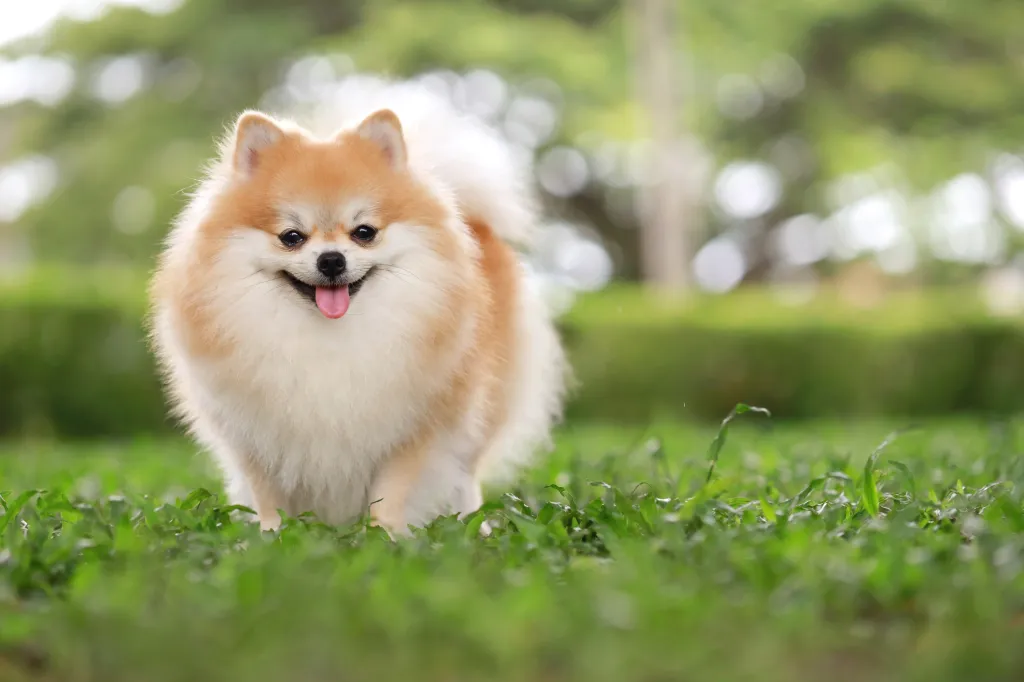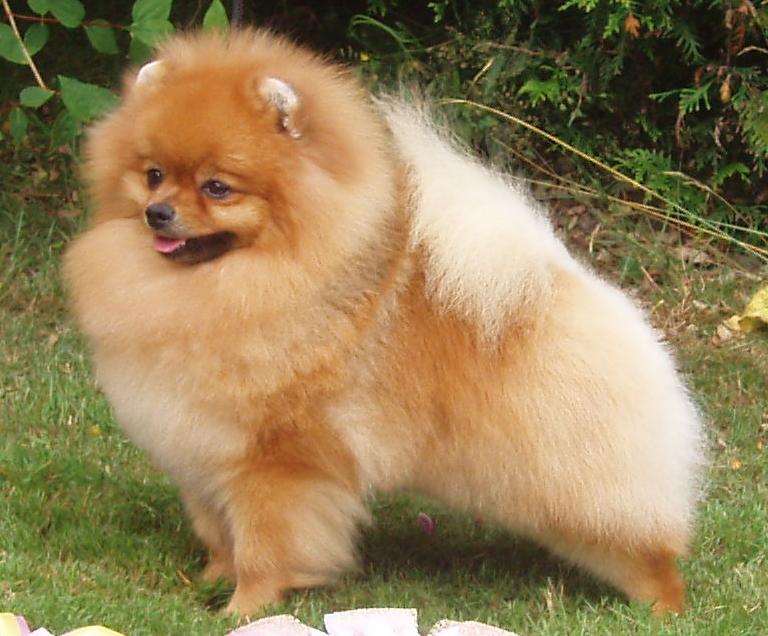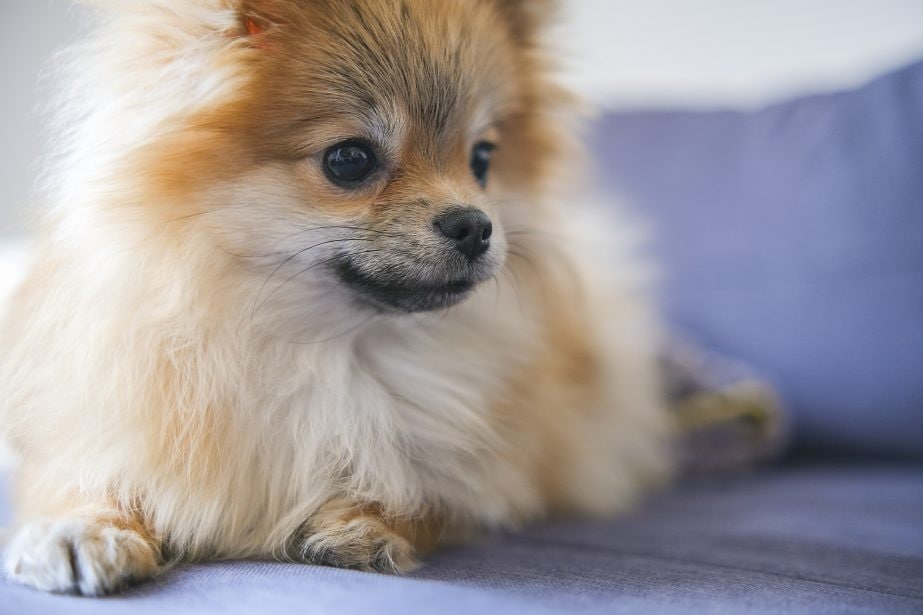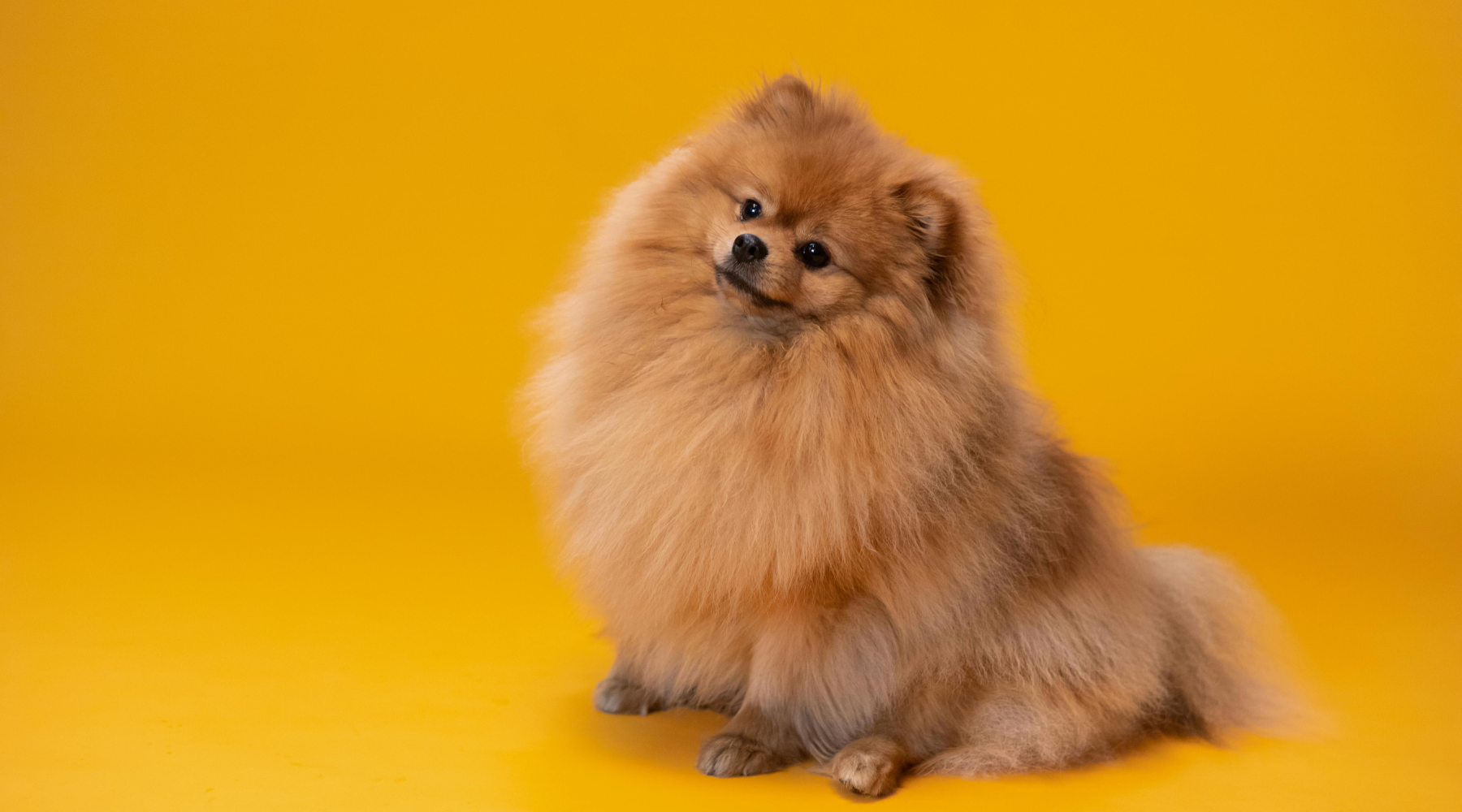Pomeranian: The Charismatic Toy Breed with a Lion's Heart
Introduction:
In the realm of small dog breeds, few can match the Pomeranian's blend of elegance, intelligence, and boundless charm. Known for their distinctive fluffy coats, bright personalities, and confident demeanor, Pomeranians have captured the hearts of dog lovers around the world. Despite their diminutive size, these pint-sized companions possess a lion-hearted spirit and a rich history that dates back centuries. Join us as we embark on a journey into the enchanting world of the Pomeranian, exploring its origins, unique characteristics, and enduring popularity.
Origins and History:
The Pomeranian's roots can be traced back to the Pomerania region of Central Europe, which encompasses parts of modern-day Germany and Poland. Believed to have descended from larger sled-pulling spitz breeds, such as the German Spitz, the Pomeranian's ancestors were prized for their working abilities and rugged endurance.
It was in the 18th century that the Pomeranian began to take on its modern form, thanks in part to the efforts of British royalty. Queen Charlotte, the wife of King George III of England, developed a keen interest in the breed and played a pivotal role in popularizing it among the British aristocracy. Her patronage led to the development of smaller, more compact Pomeranians, which became fashionable companions among the elite.
Physical Characteristics:
Despite its diminutive stature, the Pomeranian boasts a bold and confident presence that belies its small size. Standing between 6 to 7 inches at the shoulder and weighing anywhere from 3 to 7 pounds, these compact canines possess a sturdy build and a well-proportioned frame.
One of the Pomeranian's most distinctive features is its plush double coat, which consists of a dense undercoat and a long, straight outer coat that forms a luxurious mane around the neck and chest. The breed's coat comes in a wide array of colors, including orange, red, cream, black, blue, and sable, often with various markings and patterns.
Temperament and Personality:
Beneath its fluffy exterior lies a spirited and vivacious personality that is quintessentially Pomeranian. These pint-sized companions are known for their intelligence, curiosity, and boundless energy, making them a delightful addition to any household.
Pomeranians are highly social dogs that thrive on human companionship and interaction. They are fiercely loyal to their families and form strong bonds with their owners, often becoming devoted companions and constant shadows. Despite their small size, Pomeranians possess a courageous spirit and a keen sense of alertness, making them excellent watchdogs that will bark to alert their owners to any potential threats.
Training and Socialization:
While Pomeranians are intelligent and eager to please, they can also be independent and strong-willed, which can pose challenges during training. Consistency, patience, and positive reinforcement techniques are key when it comes to training a Pomeranian, as harsh or heavy-handed methods are likely to backfire with this sensitive breed.
Early socialization is essential for Pomeranian puppies to ensure they grow up to be well-adjusted and confident adults. Exposing them to a variety of people, animals, sights, and sounds from a young age will help prevent shyness or fearfulness later in life. Additionally, ongoing training and mental stimulation are important for keeping Pomeranians' active minds engaged and preventing boredom-induced behaviors such as excessive barking or destructive chewing.
Exercise and Activity:
Despite their small size, Pomeranians are surprisingly active and energetic dogs that require regular exercise to keep them happy and healthy. Daily walks, play sessions, and interactive games are essential for providing Pomeranians with the physical and mental stimulation they need to thrive.
In addition to structured exercise, Pomeranians also enjoy engaging in activities that tap into their natural instincts and abilities, such as agility training, obedience trials, and canine sports like rally or flyball. These activities not only provide physical exercise but also help stimulate their minds and prevent boredom.
Healt h and Care:
h and Care:
Overall, Pomeranians are a relatively healthy and robust breed with a life expectancy of around 12 to 16 years. However, like all breeds, they are susceptible to certain health issues that prospective owners should be aware of.
One common health concern in Pomeranians is dental problems, including tooth decay, gum disease, and retained baby teeth. Regular dental care, including daily tooth brushing and annual dental cleanings, is essential for maintaining their oral health and preventing dental issues.
Other health issues that may affect Pomeranians include luxating patellas (loose kneecaps), tracheal collapse, hip dysplasia, and eye problems such as cataracts and progressive retinal atrophy (PRA). Responsible breeding practices, regular veterinary check-ups, and a nutritious diet are essential for minimizing the risk of these health issues and ensuring the long-term health and well-being of Pomeranians.
Conclusion:
In conclusion, the Pomeranian is a captivating breed with a rich history, distinctive characteristics, and enduring popularity. From its humble beginnings as a hardworking sled dog to its status as a beloved companion and show dog around the world, the Pomeranian embodies the resilience, intelligence, and charm that have endeared it to countless dog lovers throughout history.
With its playful personality, affectionate nature, and undeniable charisma, the Pomeranian brings joy and laughter to every household it graces. Whether curled up on the couch with its favorite human or strutting its stuff in the show ring, the Pomeranian is a true testament to the extraordinary bond





















































